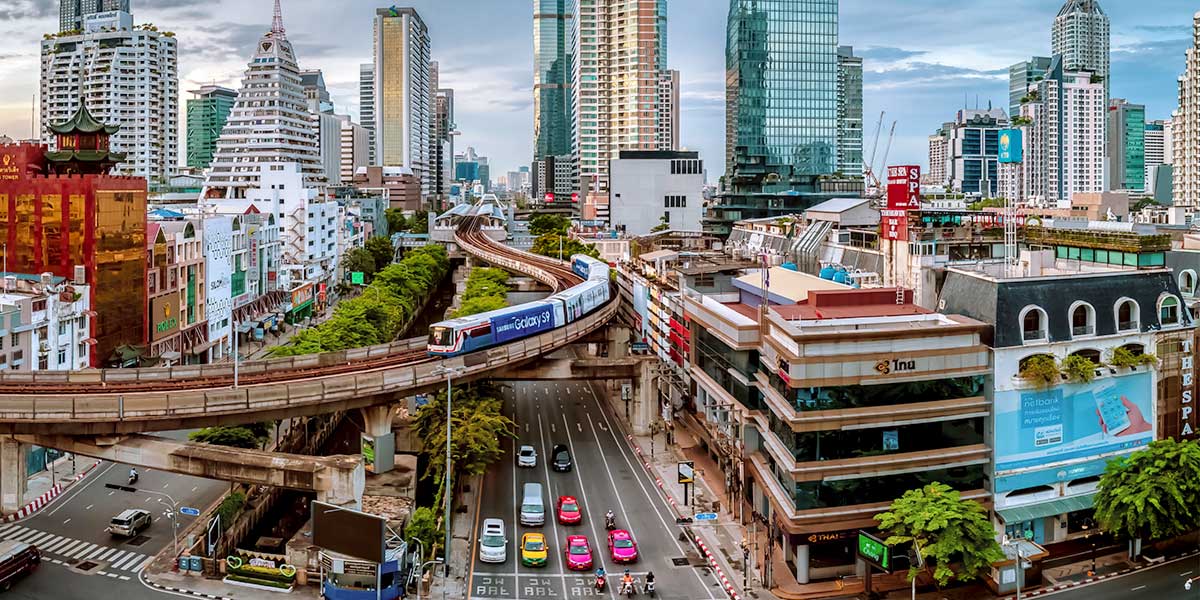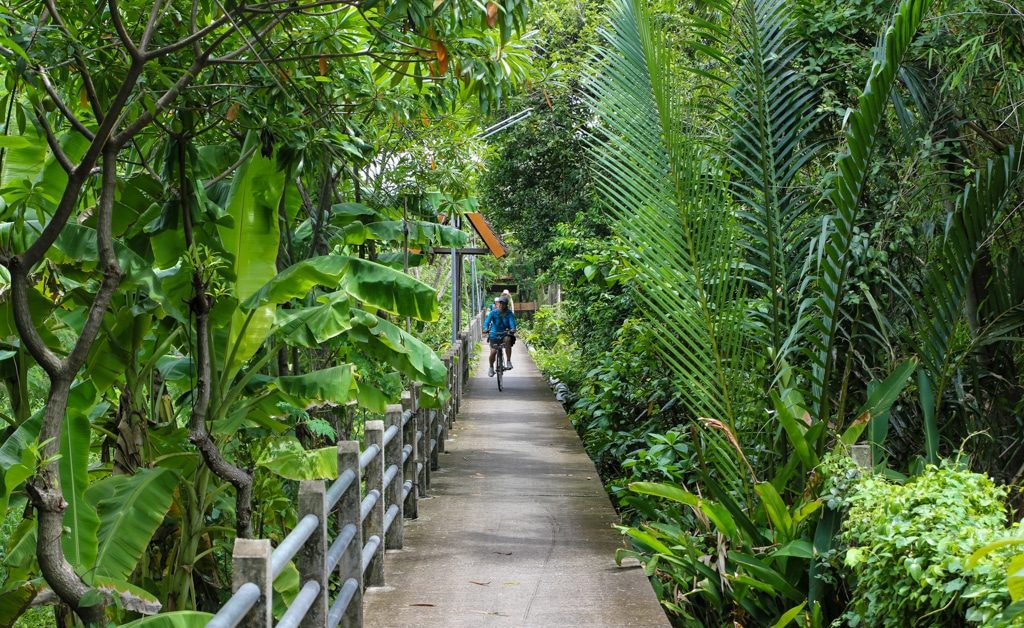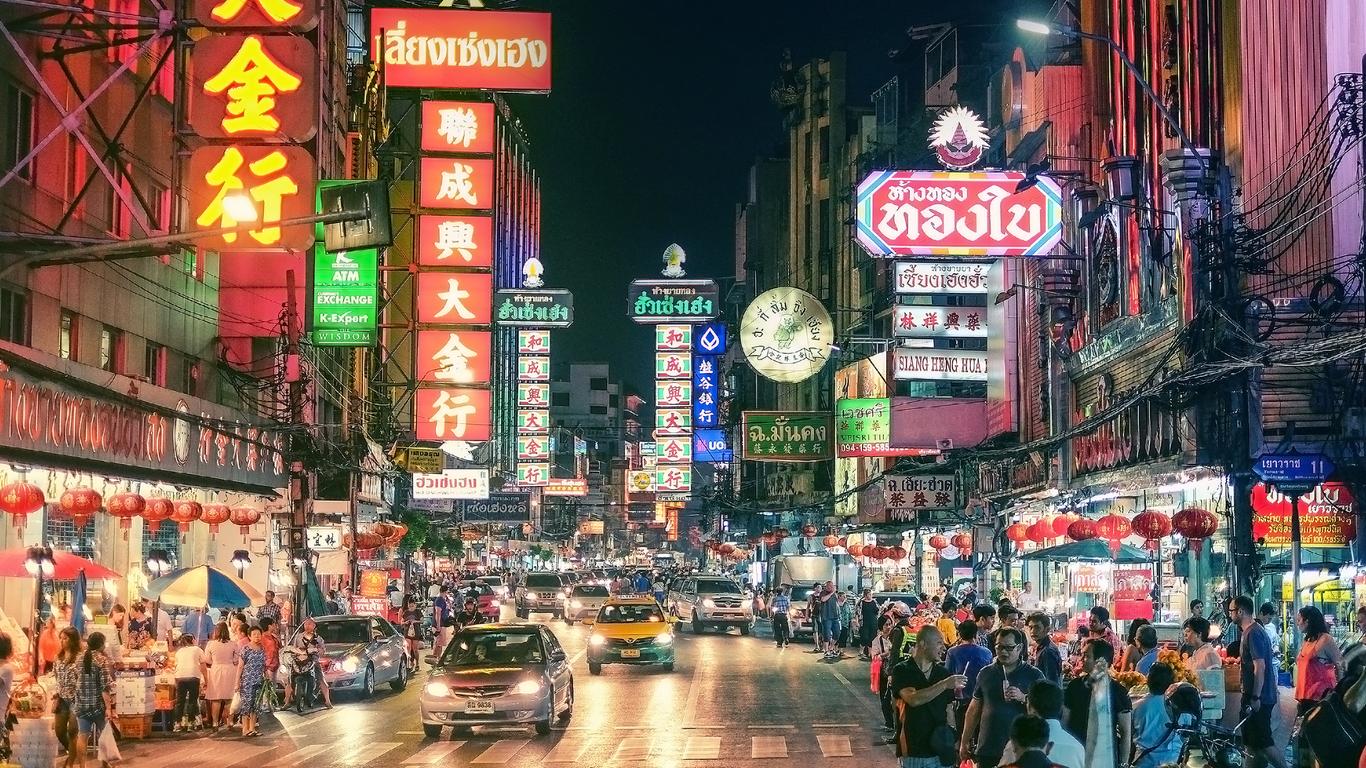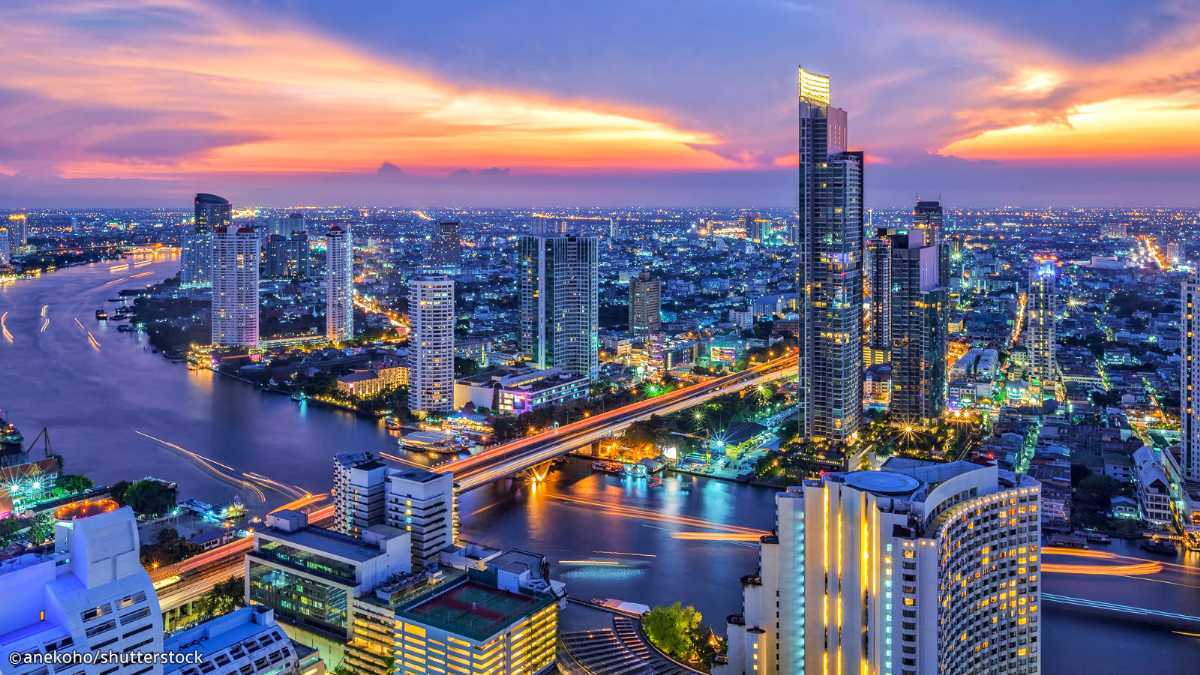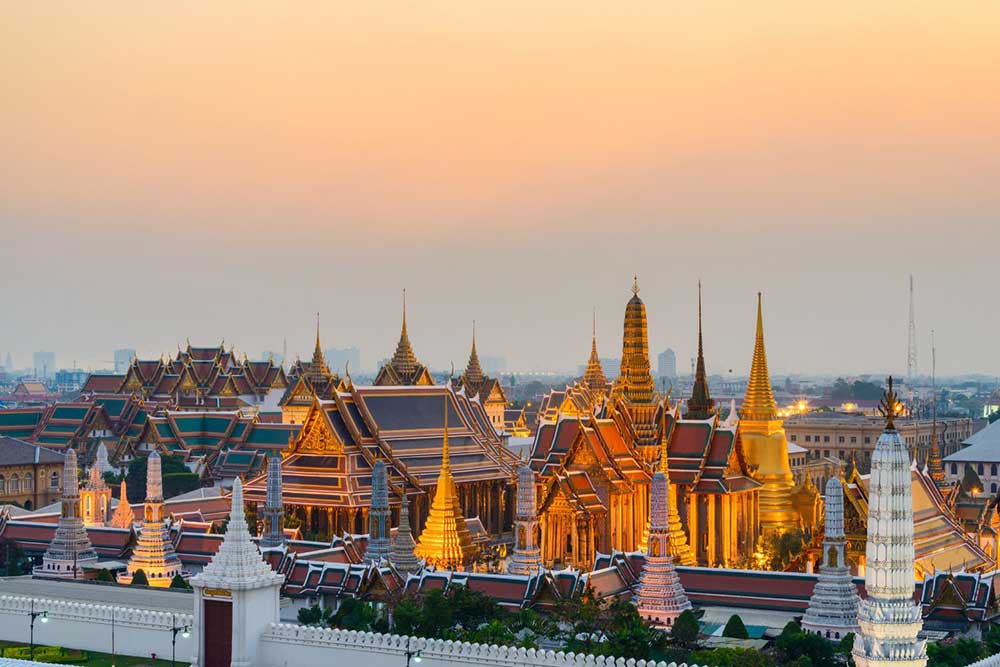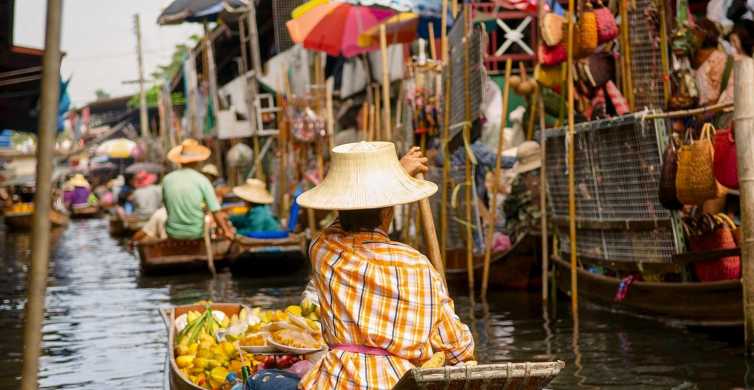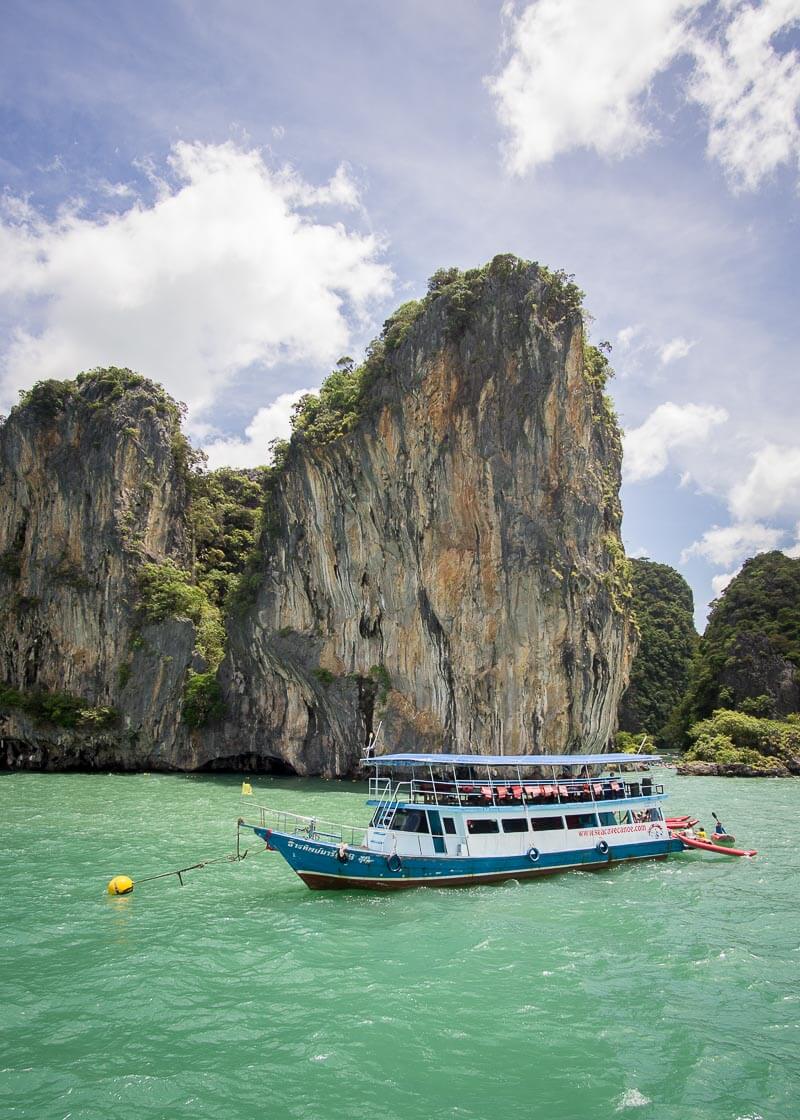

Discover Thailand
Thailand, known as the “Land of Smiles,” is a Southeast Asian gem that enchants travelers with its vibrant culture, stunning landscapes, and rich history. The country’s capital, Bangkok, serves as a bustling metropolis where ancient temples stand alongside modern skyscrapers, creating a unique blend of tradition and modernity. Thailand’s cultural heritage is deeply rooted in Buddhism, with over 40,000 temples scattered across the country, each telling a story of spiritual devotion and architectural brilliance.
Beyond its cultural allure, Thailand boasts a diverse natural landscape that ranges from the pristine beaches of the southern islands to the lush mountains of the north. The islands of Phuket, Koh Samui, and Krabi are world-renowned for their crystal-clear waters, white sandy beaches, and vibrant marine life, making them popular destinations for beach lovers and diving enthusiasts alike. Meanwhile, the northern region, particularly Chiang Mai and Chiang Rai, offers a different experience with its misty mountains, serene temples, and opportunities for trekking and exploring traditional hill tribes.
Thailand’s cuisine is another aspect that draws people from around the world. Renowned for its balance of sweet, sour, salty, and spicy flavors, Thai food is an integral part of the country’s identity. Dishes like Pad Thai, Tom Yum Goong, and Green Curry have gained international fame, while the street food culture in cities like Bangkok offers a tantalizing array of flavors that reflect the country’s culinary diversity. Whether dining at a high-end restaurant or grabbing a quick bite from a street vendor, the food in Thailand is a journey in itself, offering a taste of the country’s vibrant and diverse culture.
Sights
Map
Info
Before your visit, it’s essential to review these details to make your trip more enjoyable and hassle-free. Thailand, with its enchanting landscapes, rich history, and warm hospitality, is a tropical paradise that requires some preparation to fully appreciate. Understanding the cultural dynamics, practical accommodation options, and local transportation methods will ensure a smoother and more fulfilling experience. Here are the key things you should know before traveling to Thailand:
Visa and Passport Requirements
Visa Exemption: Citizens of many countries can enter Thailand without a visa for up to 30 days.
Visa Duration: For countries that require a visa, a 60-day tourist visa is usually available.
Passport Validity: Your passport must be valid for at least six months from your date of entry into Thailand.
Transportation
Air Travel: International airports in cities like Bangkok, Phuket, and Chiang Mai are the primary entry points to the country.
Ground Transport: Thailand has an extensive bus network and train system that facilitates easy intercity travel.
Accommodation
Hotels: Thailand provides a variety of options, from five-star luxury hotels to comfortable mid-range boutique hotels, catering to different budgets and preferences.
Hostels and Guesthouses: These are budget-friendly options for backpackers, often with social atmospheres.
Dining
Local Street Food: Popular Thai dishes like Pad Thai and Tom Yum are widely available at street vendors, offering both affordability and flavor.
Restaurants: Thailand boasts a wide variety of restaurants serving both international and local cuisine.
Vegetarian and Vegan: Cities like Chiang Mai have extensive vegetarian and vegan options.
Cultural Considerations
Temple Visits: It’s required to cover your shoulders and knees when visiting temples.
Head and Feet Etiquette: Avoid touching someone’s head or pointing your feet at people or religious symbols, as it’s considered disrespectful.
Language
Official Language: Thai is the official language, but English is widely spoken in tourist areas.
Language Assistance: Having a phrasebook or basic knowledge of Thai phrases can be helpful.
Technology and Communication
Wi-Fi: Free Wi-Fi is widely available in most hotels, cafes, and restaurants.
Local SIM Cards: Affordable local SIM cards can be purchased at airports and mobile shops in cities.
Shopping and Payment
Bargaining: Haggling is common in markets and street stalls and can significantly reduce prices.
Credit Cards: Credit cards are widely accepted in major cities, particularly in shopping malls and restaurants.
Cash Usage: It’s essential to carry Thai Baht, as cash is the preferred payment method in small shops and local markets.



